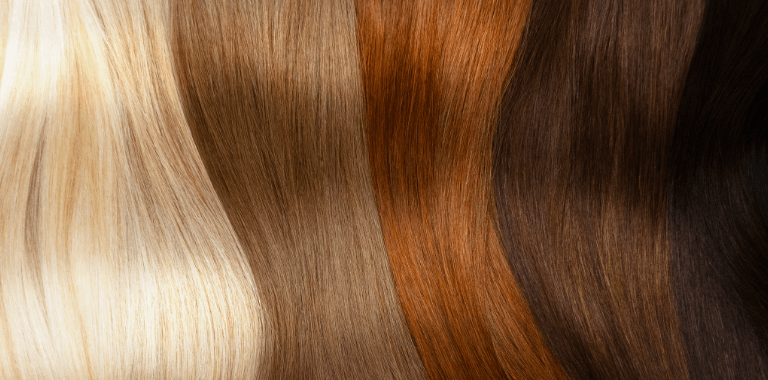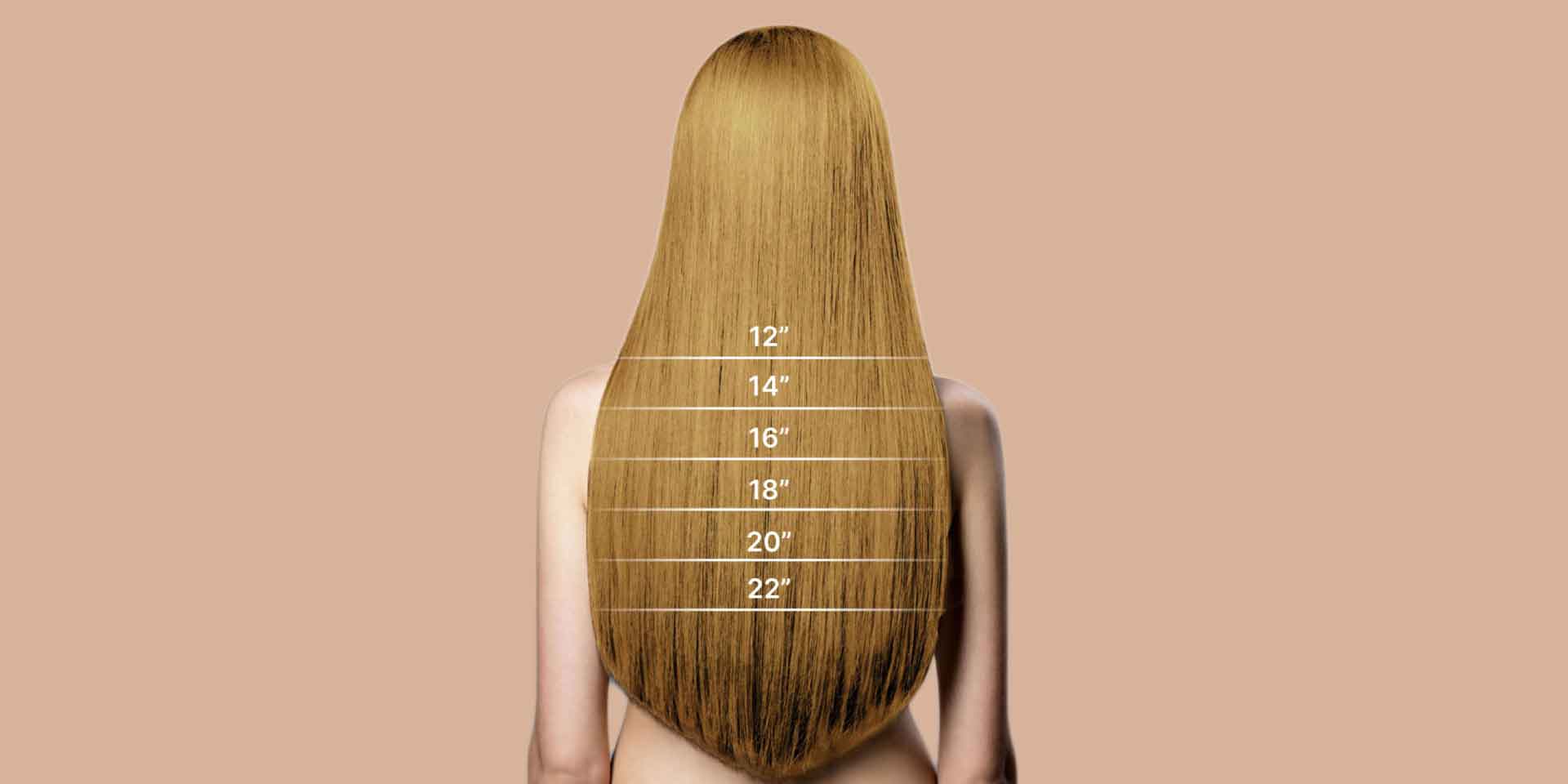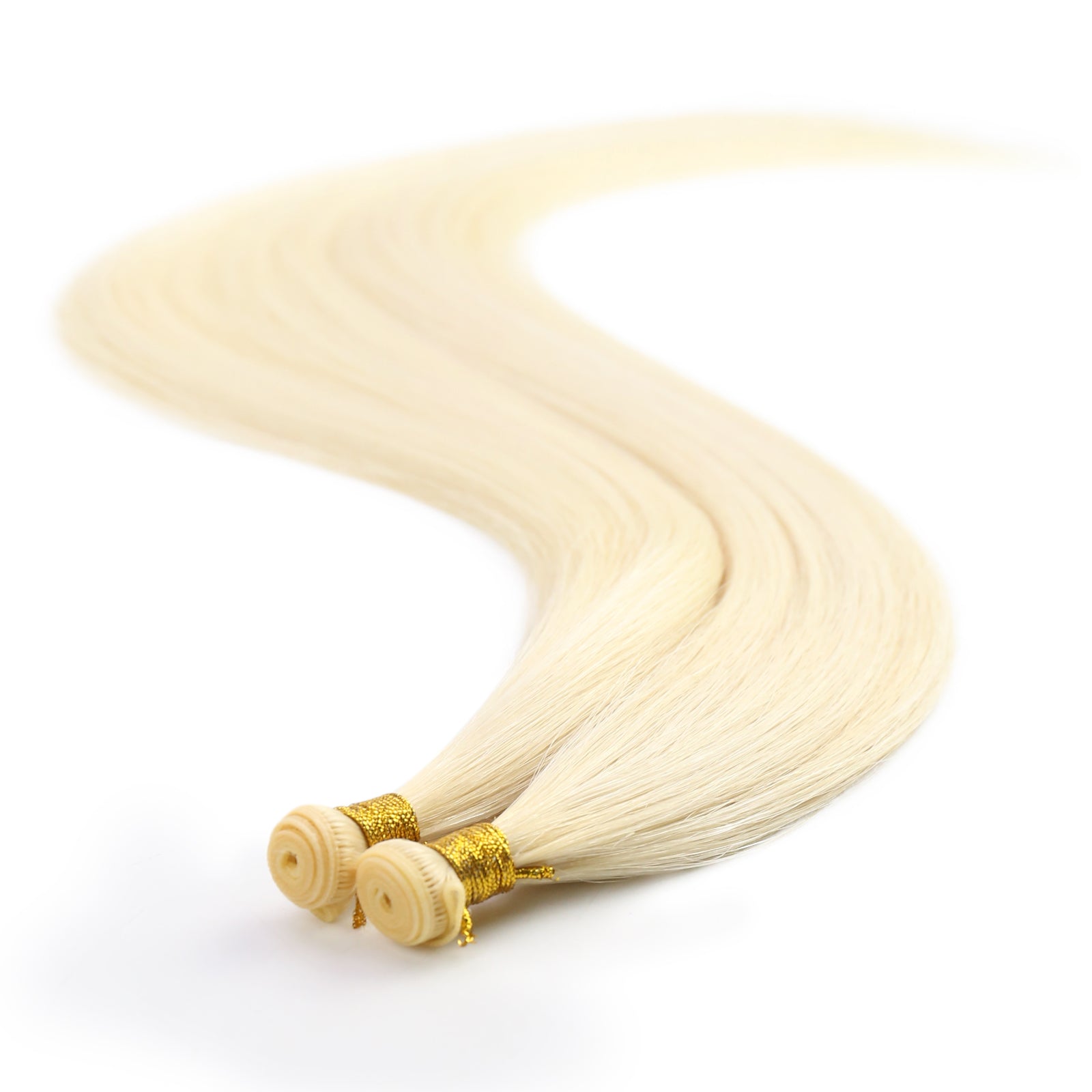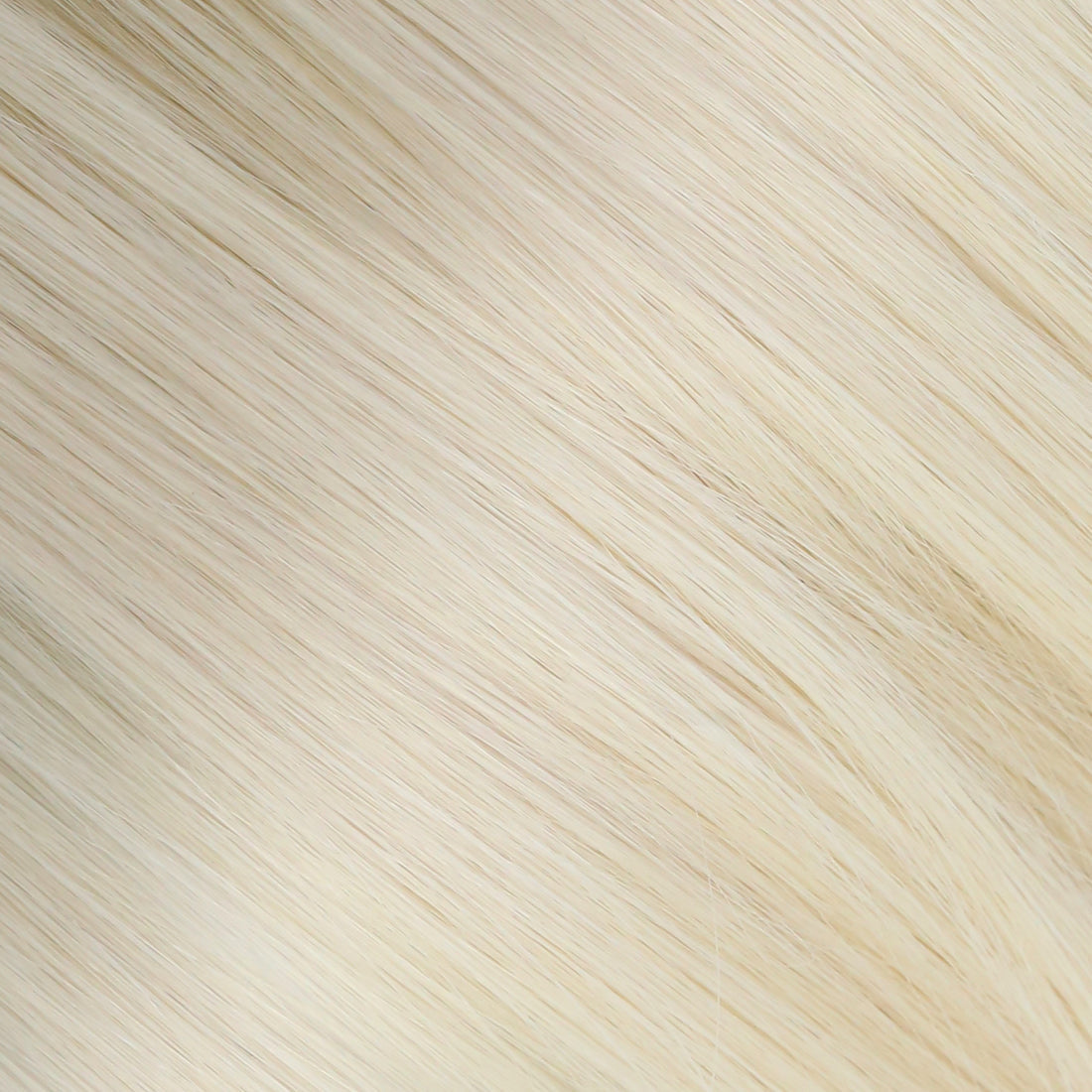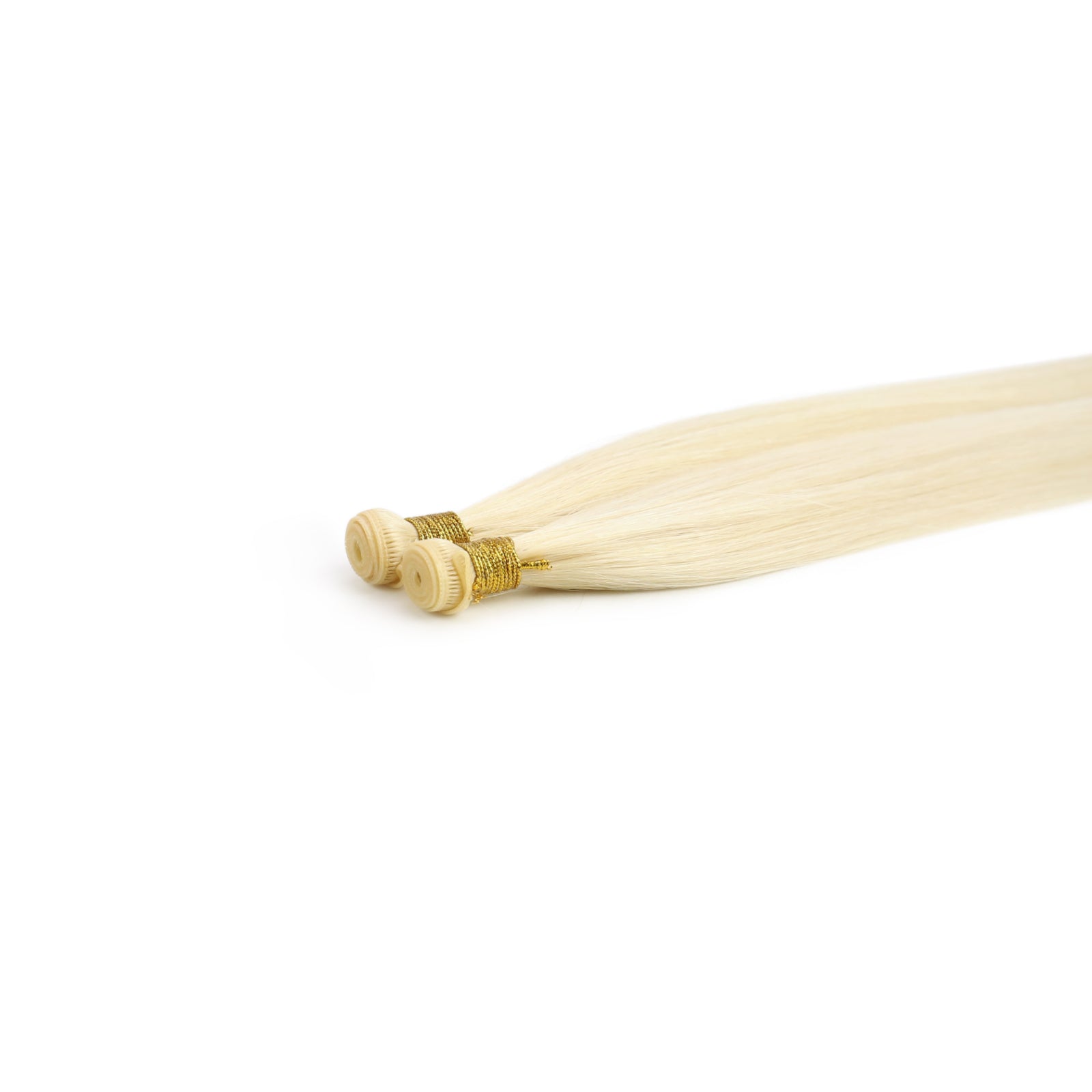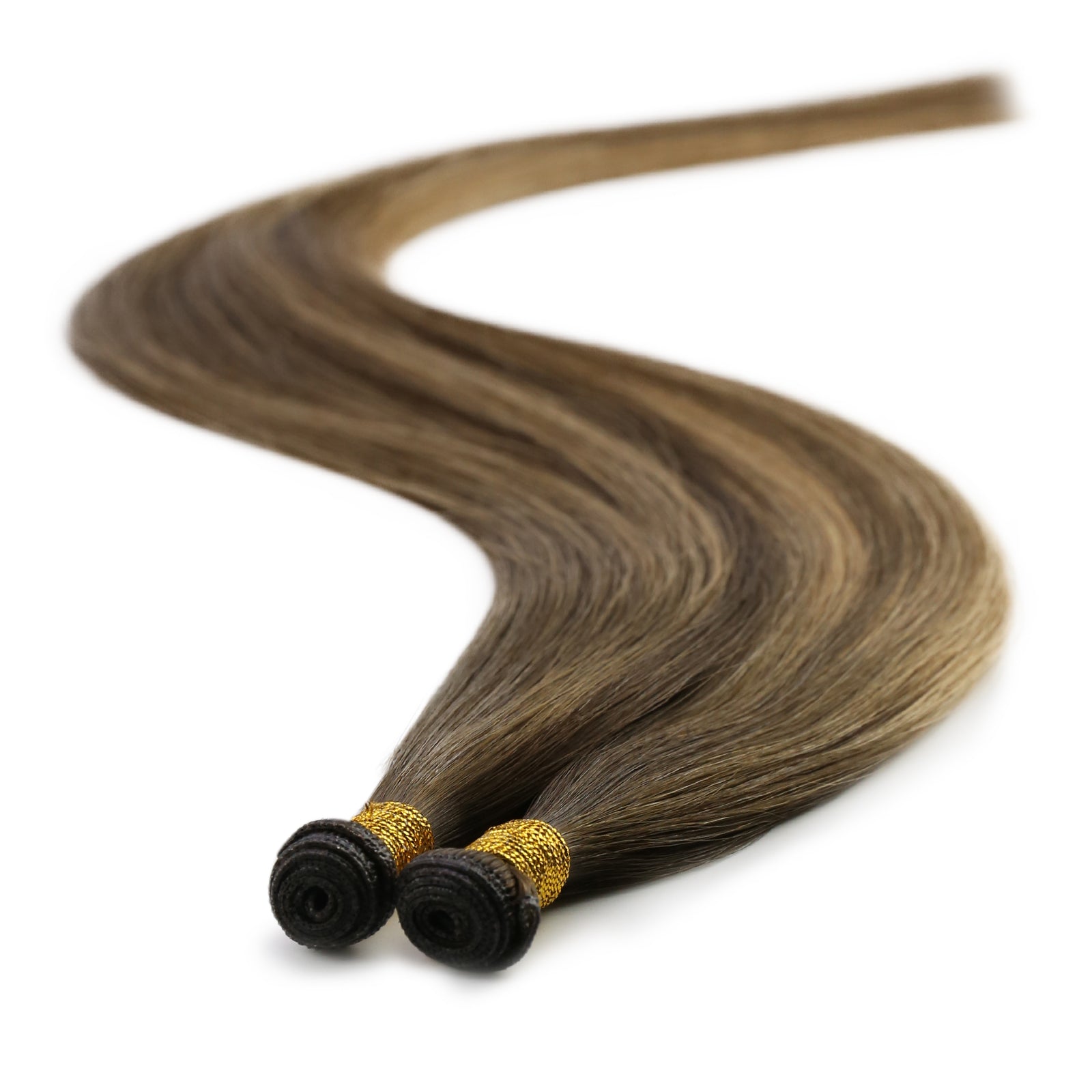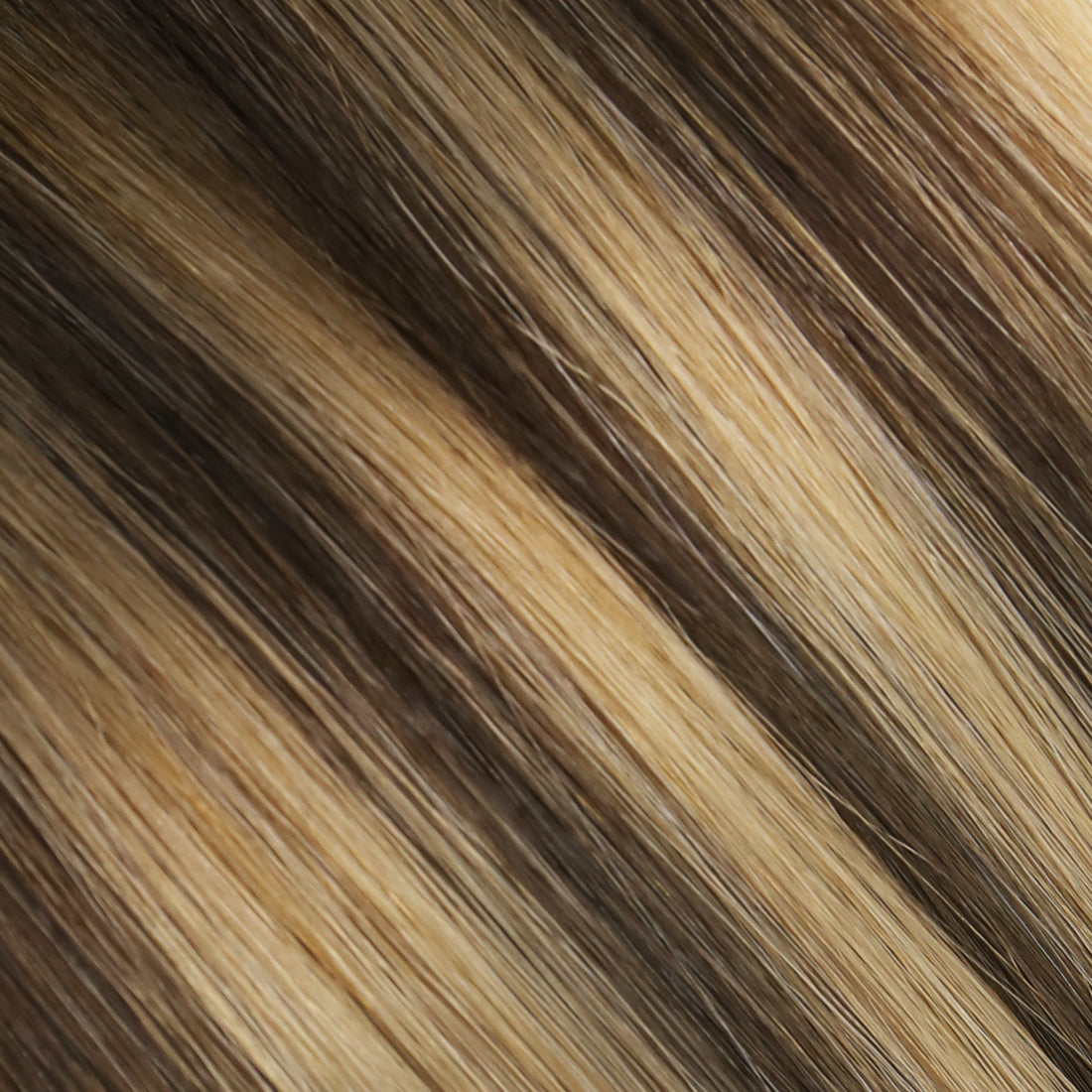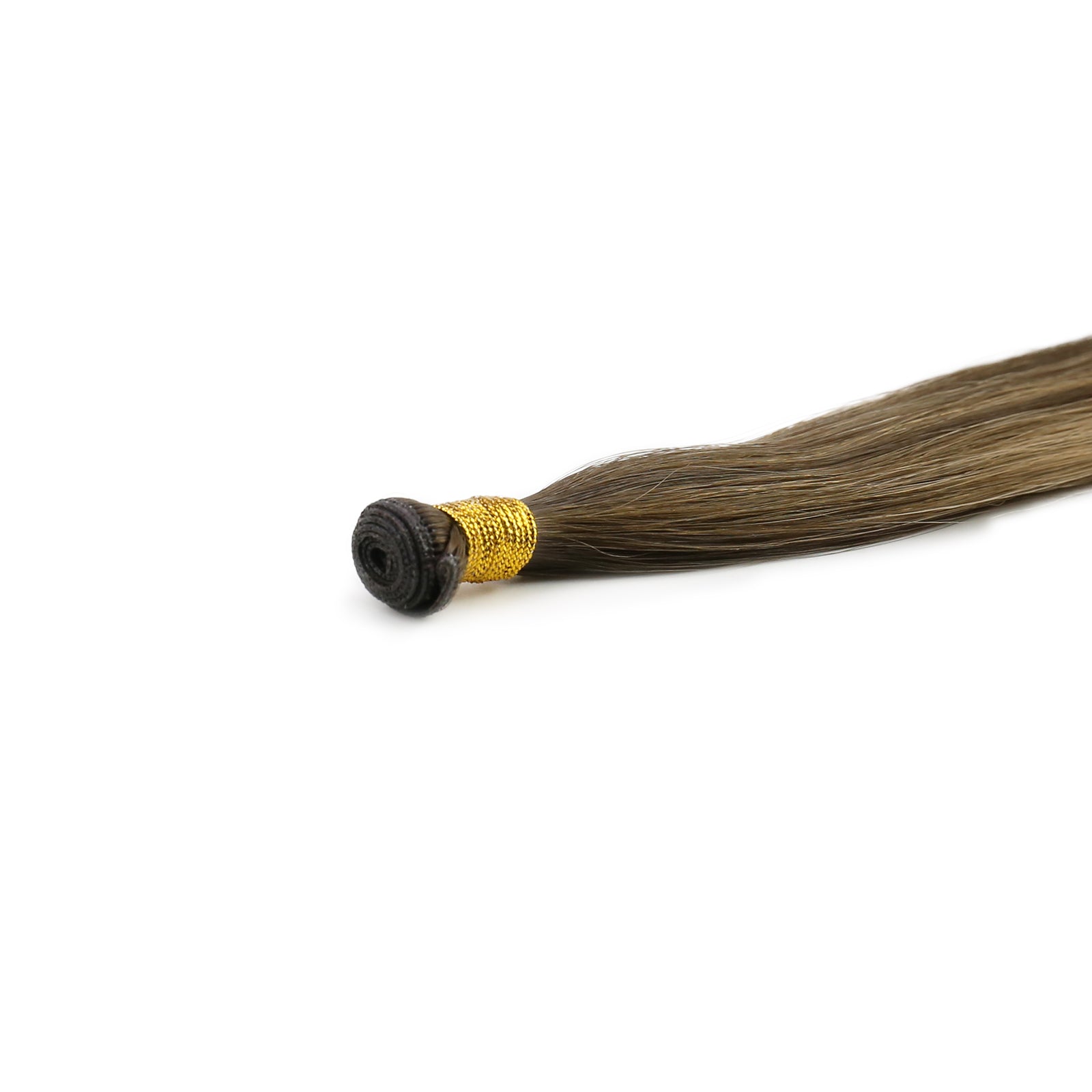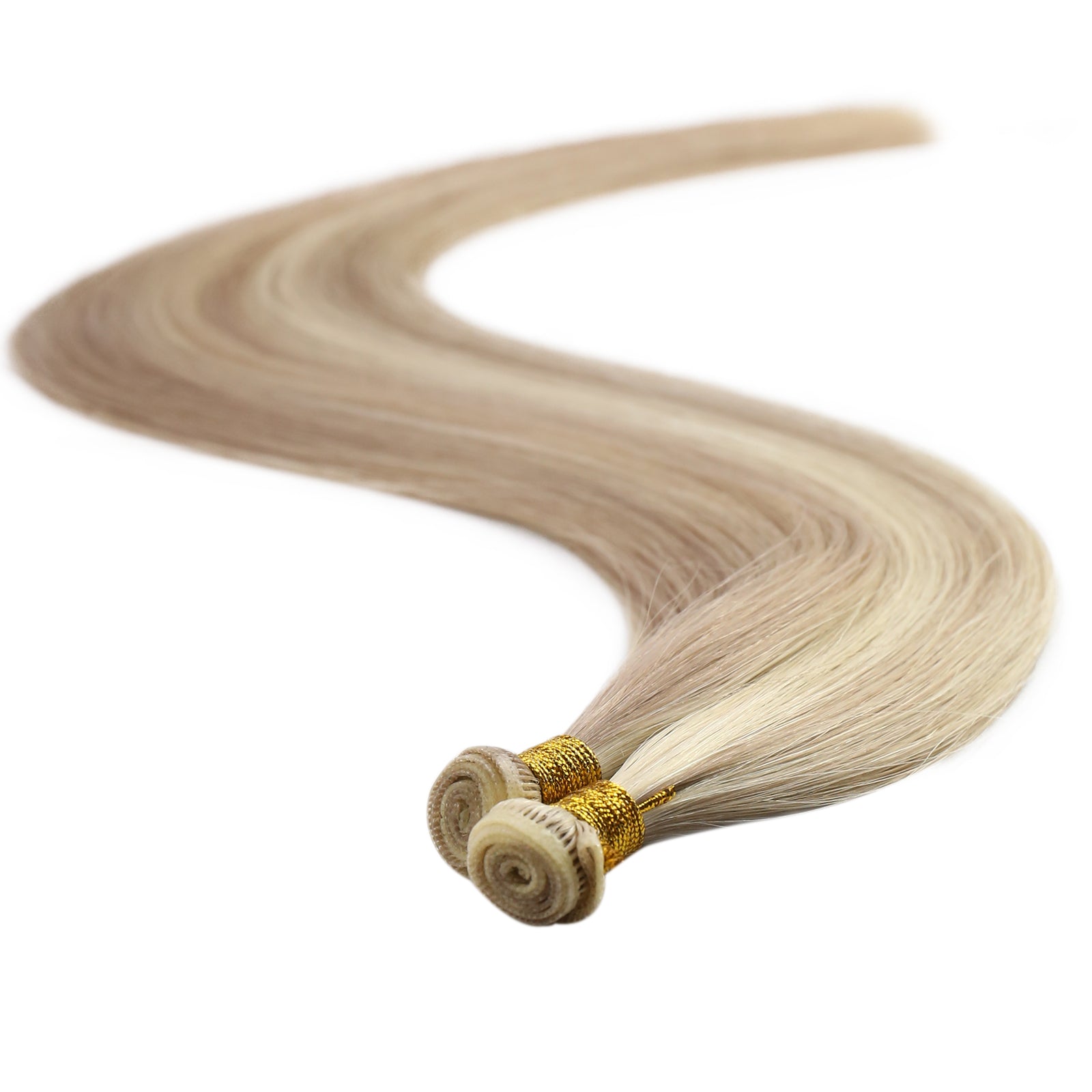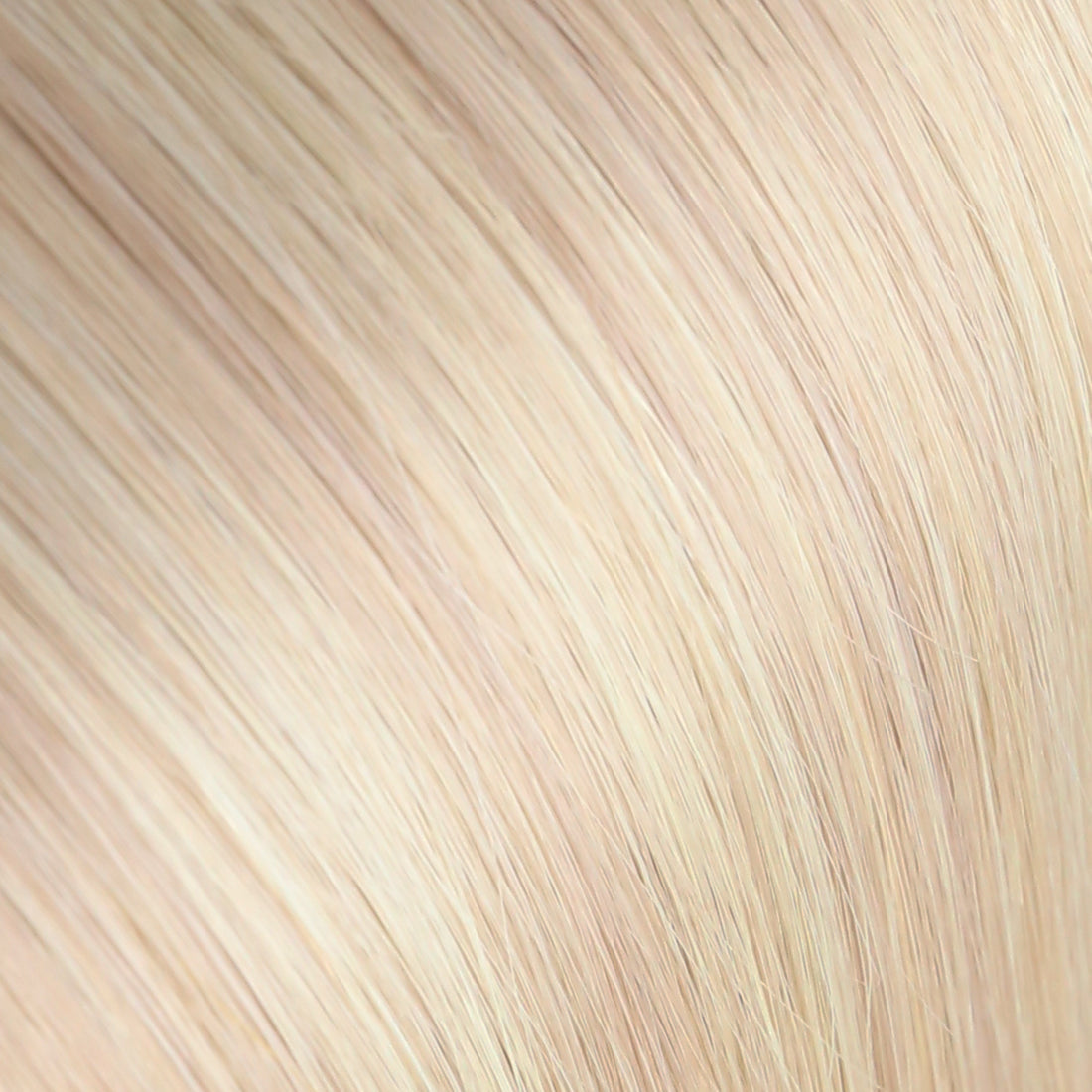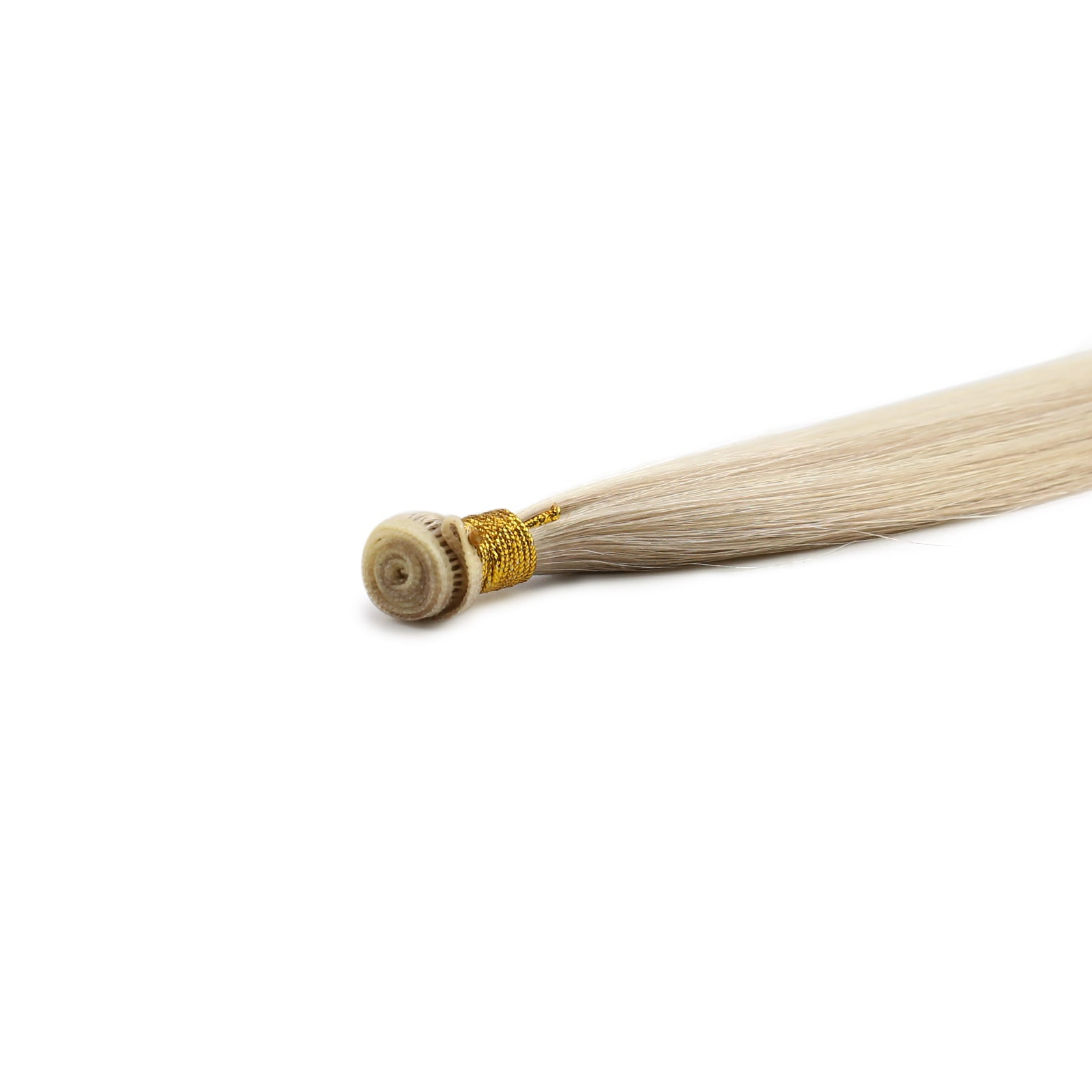Hair health is a significant aspect of overall well-being and personal appearance. Thick, shiny, and healthy hair often symbolizes vitality and youth, making its maintenance a priority for many. However, hair loss can be a distressing issue that affects self-esteem and confidence. While multiple factors can contribute to hair loss, including genetics, stress, and medical conditions, vitamin deficiencies are often overlooked.
Vitamins play a crucial role in maintaining the health and growth of our hair. In this blog, we will explore which vitamin deficiencies cause hair loss, the importance of vitamins for hair health, how to identify and treat these deficiencies, and when to seek professional medical advice.
Which Vitamin Deficiency Causes Hair Loss
Several vitamins are essential for hair health, and deficiencies in these can lead to hair loss. The most notable ones include:
-
Vitamin A
-
Vitamin B-complex (especially B7 Biotin and B12)
-
Vitamin C
-
Vitamin D
-
Vitamin E
-
Iron
-
Zinc
-
Folic Acid (Vitamin B9)
-
Niacin (Vitamin B3)
Understanding how each of these vitamins affects hair health and what deficiency symptoms to look for can help in addressing hair loss effectively.
The Importance of Vitamins for Hair Health
Vitamins are essential nutrients that play a vital role in maintaining healthy hair. Each vitamin contributes uniquely to hair growth, strength, and overall health. Understanding the importance of these vitamins can help you make informed choices about your diet and hair care routine to ensure your hair remains healthy and vibrant.
Vitamin A
Vitamin A is crucial for cell growth, including hair cells. It also helps in the production of sebum, an oily substance that moisturizes the scalp and keeps hair healthy. However, both deficiency and excess of Vitamin A can lead to hair loss.
Vitamin B-complex
Biotin (B7)
Biotin is perhaps the most well-known vitamin for hair health. It plays a vital role in the production of keratin, a protein that makes up hair. Biotin deficiency can lead to thinning hair and hair loss.
Vitamin B12
Vitamin B12 helps in the production of red blood cells, which carry oxygen to the scalp and hair follicles. A deficiency in B12 can lead to hair loss by reducing the oxygen supply to the hair follicles.
Vitamin C
Vitamin C is an antioxidant that helps protect hair from oxidative stress caused by free radicals. It also aids in the production of collagen, a protein that is an essential part of the hair structure. Additionally, Vitamin C helps in the absorption of iron, another critical element for hair growth.
Vitamin D
Vitamin D is crucial for the health of hair follicles. It plays a role in the creation of new hair follicles and can help in the process of hair growth. A deficiency in Vitamin D is often linked to alopecia, a condition that causes hair loss.
Vitamin E
Vitamin E is an antioxidant that helps in maintaining hair growth by reducing oxidative stress. It also improves blood circulation, which can help support hair growth.
Iron
Iron is essential for red blood cells to carry oxygen to hair follicles. Iron deficiency, also known as anemia, is a major cause of hair loss, particularly in women.
Zinc
Zinc plays a crucial role in hair tissue growth and repair. It also helps in keeping the oil glands around the follicles working properly. A deficiency in zinc can lead to hair loss and thinning.
Folic Acid (Vitamin B9)
Folic acid is essential for DNA synthesis and repair, and it helps in the formation of red blood cells. Deficiency in folic acid can lead to hair loss by affecting the health of the hair follicles.
Niacin (Vitamin B3)
Niacin helps improve blood circulation to the scalp, providing more oxygen and nutrients to the hair follicles. A deficiency in niacin can result in hair loss and poor hair quality.

Relation Between Vitamin Deficiencies and Hair Loss
Vitamin deficiencies can disrupt the normal hair growth cycle, leading to hair loss. The hair growth cycle consists of three phases: anagen (growth phase), catagen (transitional phase), and telogen (resting phase). When the body lacks essential vitamins, it can cause a shift from the anagen phase to the telogen phase, resulting in hair shedding.
Studies have shown that certain vitamin deficiencies are directly linked to hair loss. For instance, research has indicated that biotin deficiency can lead to significant hair thinning and loss. Similarly, low levels of Vitamin D have been associated with alopecia areata, an autoimmune condition causing hair loss.
Symptoms of Vitamin Deficiencies
Symptoms of vitamin deficiencies affecting hair health include:
-
Thinning hair
-
Excessive shedding
-
Brittle or weak hair
-
Dry and flaky scalp
-
Slow hair growth
Identifying these symptoms early and addressing the underlying deficiencies can help in preventing further hair loss.
The 10 Vitamin Deficiencies that Cause Hair Loss
Vitamin deficiencies can significantly impact hair health, leading to thinning, brittleness, and hair loss. Identifying and addressing these deficiencies is crucial for preventing further hair loss and promoting healthy hair growth. Here are the 10 most common vitamin deficiencies that can cause hair loss and how to recognize them.
1. Vitamin A Deficiency
Vitamin A is essential for the growth of all cells, including hair cells. It also helps in the production of sebum, which keeps the scalp moisturized and healthy.
Signs of Deficiency
-
Dry and flaky scalp
-
Hair thinning and loss
-
Dandruff
2. Vitamin B7 (Biotin) Deficiency
Biotin is crucial for the production of keratin, the primary protein that makes up hair.
Symptoms of Low Biotin Levels
-
Thinning hair
-
Brittle nails
-
Skin rashes
3. Vitamin B12 Deficiency
Vitamin B12 helps in the production of red blood cells, which are necessary for oxygen transport to hair follicles.
Common Signs of Deficiency
-
Fatigue
-
Weakness
-
Hair loss
4. Vitamin C Deficiency
Vitamin C is necessary for collagen production, which strengthens hair.
Indicators of Deficiency
-
Brittle hair
-
Split ends
-
Slow hair growth
5. Vitamin D Deficiency
Vitamin D is involved in the creation of new hair follicles and maintaining hair growth.
Signs of Insufficient Vitamin D
-
Hair thinning
-
Increased hair shedding
-
Alopecia areata
6. Vitamin E Deficiency
Vitamin E protects hair from oxidative stress and improves blood circulation.
Symptoms of Deficiency
-
Dry, brittle hair
-
Hair thinning
-
Scalp irritation
7. Iron Deficiency (related to B vitamins)
Iron is crucial for red blood cells to carry oxygen to hair follicles.
Signs of Iron Deficiency
-
Pale skin
-
Fatigue
-
Hair loss
8. Zinc Deficiency
Zinc is essential for hair tissue growth and repair, and maintaining the function of oil glands around hair follicles.
Indicators of Low Zinc Levels
-
Hair thinning
-
Dandruff
-
Slow hair growth
9. Folic Acid (Vitamin B9) Deficiency
Importance for Cell Division and Hair Growth
Folic acid is crucial for DNA synthesis and repair, affecting hair follicle health.
Symptoms of Deficiency
-
Hair thinning
-
Fatigue
-
Poor hair quality
10. Niacin (Vitamin B3) Deficiency
Niacin enhances blood circulation, providing more oxygen and nutrients to hair follicles.
Signs of Deficiency
-
Hair loss
-
Dry, flaky scalp
-
Slow hair growth

Dietary Sources Rich in Essential Vitamins
To prevent and treat vitamin deficiencies, incorporate foods rich in essential vitamins into your diet:
-
Vitamin A: Carrots, sweet potatoes, spinach, and kale
-
Biotin (B7): Eggs, almonds, nuts, and seeds
-
Vitamin B12: Meat, fish, dairy products, and fortified cereals
-
Vitamin C: Citrus fruits, strawberries, bell peppers, and broccoli
-
Vitamin D: Fatty fish, fortified milk, and sunlight exposure
-
Vitamin E: Nuts, seeds, spinach, and broccoli
-
Iron: Red meat, poultry, lentils, and beans
-
Zinc: Meat, shellfish, legumes, and seeds
-
Folic Acid (B9): Leafy greens, beans, peas, and lentils
-
Niacin (B3): Chicken, turkey, peanuts, and mushrooms
Recommended Daily Intake for Optimal Hair Health
Consult with a healthcare provider to determine the appropriate daily intake of vitamins for your specific needs. This ensures you receive the right balance to support hair health.
Importance of a Balanced Diet
Maintaining a balanced diet that includes a variety of nutrient-rich foods is crucial for overall health, including hair health. Avoid restrictive diets that may lead to nutrient deficiencies.
When and How to Use Supplements
While it's best to get vitamins from food sources, supplements can help when dietary intake is insufficient. Always consult a healthcare provider before starting any supplement regimen to avoid potential side effects or interactions with other medications.
Lifestyle Changes to Improve Vitamin Absorption
-
Eat a balanced diet: Include a variety of nutrient-dense foods.
-
Stay hydrated: Proper hydration aids in nutrient absorption.
-
Regular exercise: Improves blood circulation, promoting nutrient delivery to hair follicles.
-
Limit alcohol and smoking: Both can impair nutrient absorption and overall health.

When to Consult a Healthcare Provider
If you experience significant hair loss, persistent fatigue, or other concerning symptoms, it may indicate a serious deficiency or underlying health issue that requires professional attention.
Importance of Professional Diagnosis and Personalized Treatment Plans
A healthcare provider can perform tests to diagnose deficiencies and provide personalized treatment plans. This may include dietary recommendations, supplements, or other medical interventions.
Overview of Possible Medical Treatments and Interventions
-
Prescription supplements: Higher doses of vitamins to correct deficiencies.
-
Medications: To treat underlying conditions contributing to hair loss.
-
Topical treatments: Such as minoxidil to promote hair growth.
-
Lifestyle counseling: For diet, exercise, and stress management.
Conclusion
Vitamins play an essential role in maintaining healthy hair. Understanding the impact of vitamin deficiencies on hair loss and taking steps to ensure adequate intake through a balanced diet and, if necessary, supplements can help maintain hair health. If you experience significant hair loss or other symptoms of deficiency, consult a healthcare provider for a thorough diagnosis and personalized treatment plan. Prioritizing your nutritional health is key to keeping your hair vibrant and strong.

